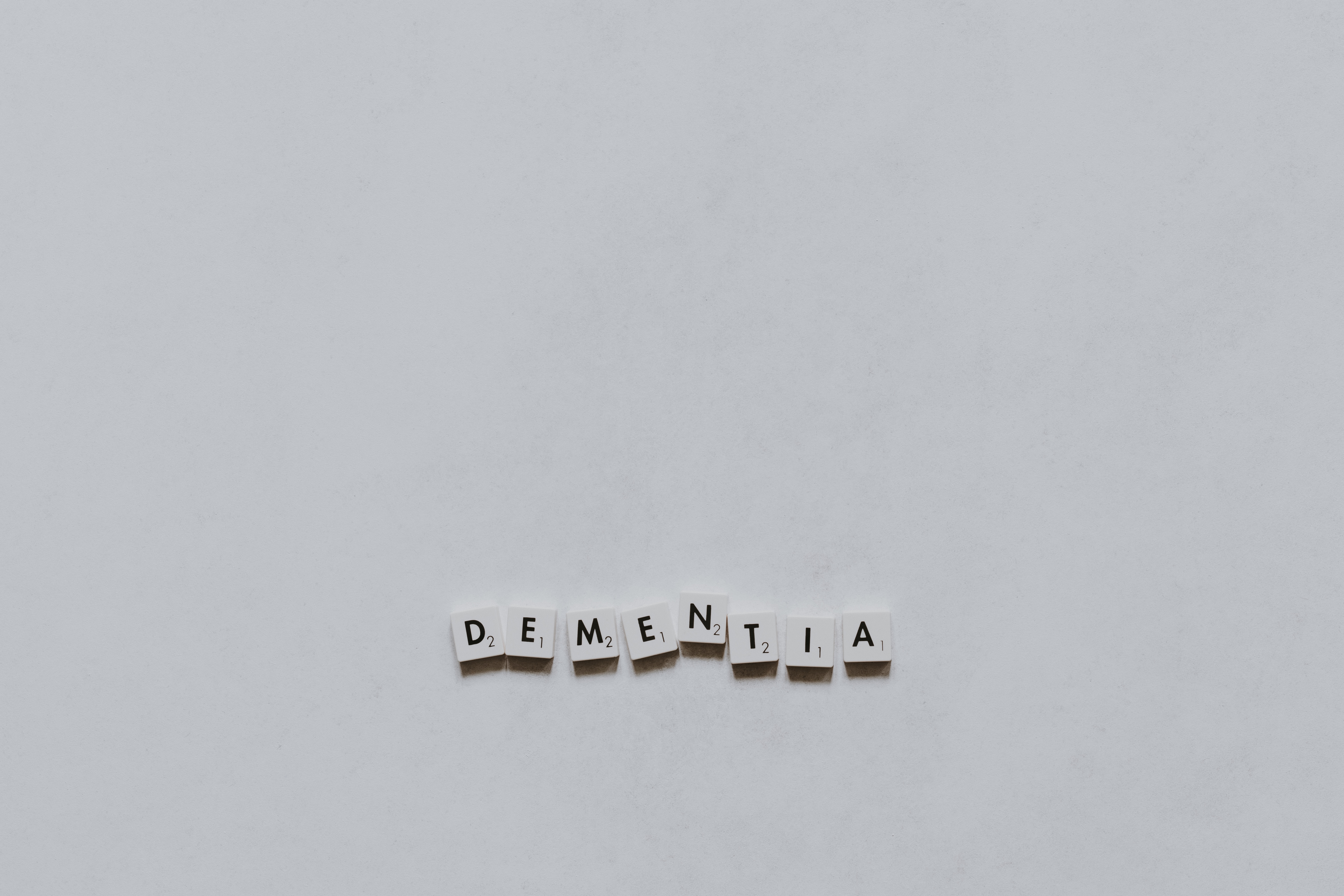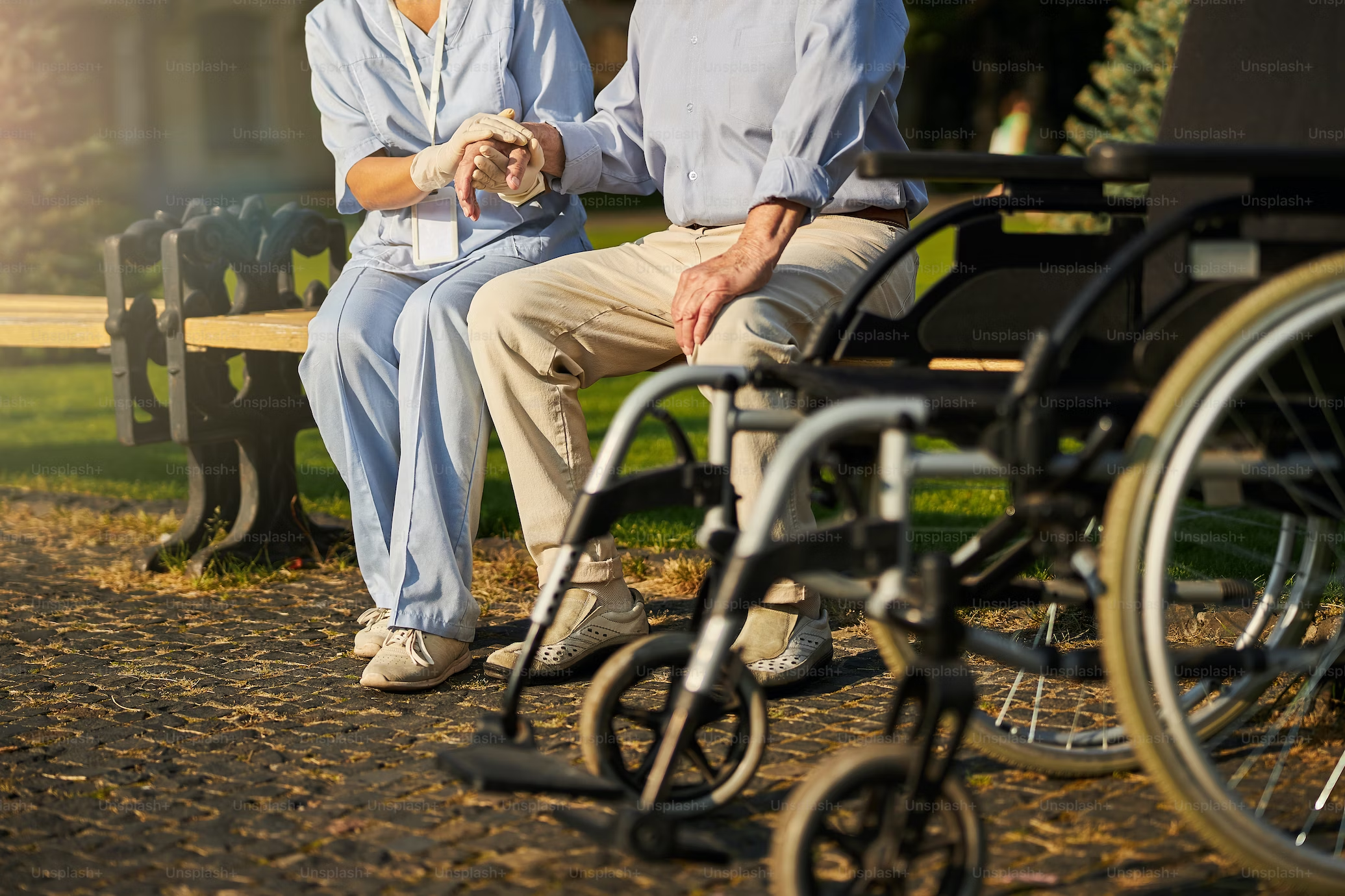Continence Management for People Living With Dementia: Our Top Tips and Solutions for Maintaining Dignity
A person living with dementia is more likely to have accidents, problems using the toilet or incontinence, than a person of the same age who doesn’t have dementia and helping a person living with dementia who has incontinence issues can be challenging for the people caring for them.
The reasons for this can include:
-
Slow reaction to needing to use the toilet
-
Failing to get to the toilet in time
-
Inability to communicate the need to go to the toilet
-
Disorientation and inability to find, recognise, or use the toilet.
-
Not understanding a prompt from someone to use the toilet
-
Inability to undo clothing and perform activities such as personal hygiene
-
Resistance to help with going to the toilet
-
Not making any attempt to find the toilet – this could be due to depression or lack of motivation, or because the person is distracted.
When a person’s dementia is more advanced incontinence develops because messages between the brain and the bladder or bowel don’t work properly. This may mean people don’t recognise that they have a full bladder or bowel, or have the control needed to empty them.
This can lead to:
-
Embarrassment after accidents
-
Challenging behaviour
-
Increased risk of falls
-
Skin rashes, infections and sores from constantly wet skin
-
Increased risk of urinary tract infections
-
Loss of confidence and social withdrawal
Helping a person with dementia who has incontinence issues can be challenging for the people caring for them. Our recent article 5 Ways to Make Visits to the Bathroom Safer for People Living with Dementia aims to provide some positive tips on ways to help.
Our top tips to manage incontinence:
-
Change pads frequently to avoid smells
-
Take care of their skin
-
Try choosing clothing with elasticated waists, or fastenings with Velcro instead of zips and buttons for ease
-
Try to ensure they eat plenty of fibre rich foods and stay hydrated to prevent constipation
-
Consider bathroom adaptations such as hand rails and coloured toilet seats if they could help
Our top recommended product solutions are here to help overcome incontinence difficulties:
-
Coloured Grab Rails – enable safer and more independent use of bathrooms.
-
Toilet Seats and Frames – can help people to distinguish the toilet making it more visible and easier to locate.
-
Room Signage – helps to remind people where the toilet is if they forget.
-
Disposable Pads – help you manage the problem and carry on with normal life.
-
Skin Care Wipes & Cleansing Solutions – help maintain hygiene and skin integrity for fragile and sore skin.
-
Bed and Chair Protectors – washable and disposable products protect furniture from accidents.
Image source: Unsplash





.jpg?width=352&name=image-000%20(1).jpg)